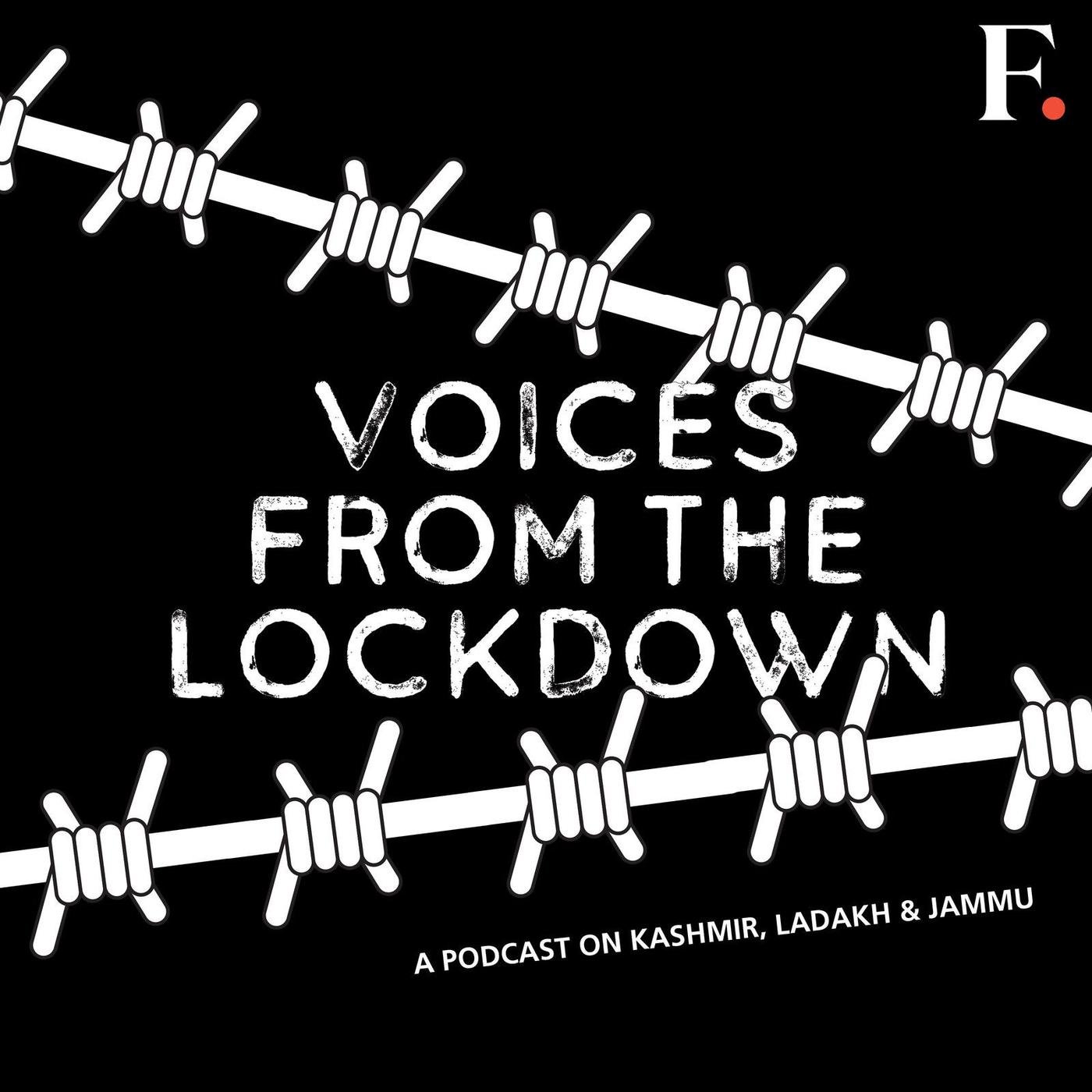"I am 47 years old and I have never experienced a situation like this in my life. I was around in the 90s, 92s, 96s and 97s. Not just that, even 2008, 2009, 2010 and 2016 had difficult situations, still tourists used to visit. Since the abrogation of Article 370, we have not seen tourists visiting the valley. The tourism sector is the backbone of Kashmir and now, that backbone is broken.” says Yaqub Donoo, a representative from the Houseboat Owners Association of Kashmir.
This episode of Voices from the Lockdown will attempt to highlight dying tourist revenue and the crumbling economy in the valley, through interviews with various stakeholders from Kashmir.
In conversation with Firstpost, Kashmiri journalist Quratulain Rehbar explores the debilitating state of the tourist-reliant economy in Kashmir. The Kashmir Chamber of Commerce and Industries estimated that Kashmir’s economy suffered losses to the tune of ₹40,000 crores since the abrogation of Article 370 and Article 35A in August of 2019. Since, most businesses have been shut. The worst-hit, according to the KCCI has been the tourism, hospitality, transport and horticulture industries.
As Qurat points, it's not just one, but all allied industries associated that have suffered as a result of no tourists in the valley. Add to that the lack of government aid and job losses, and there seems to be no respite or resolution for the major and minor business owners.
"When I spoke to different people across the sectors connected with Tourism, what I could see is that there has been a complete breakdown of an entire ecosystem. I spoke to a ponnywalla in Pahalgam, whose name is Mohammad Shafi. He used to earn his livelihood by ferrying tourists around. But since last year he has not seen a single tourist. Even if he had to find alternative employment, there is nothing available for him. Shopkeepers, shawl sellers, hotels, home-stays, small tea-stall owners and other businesses dependent on tourism are not able to make anything for their living," said Qurat.
Making matters worse is the inability to operate any businesses online, given the joke of internet speeds in the state. What the people need right now is immediate and effective government intervention and assistive policies to revive what could soon be a completely crippled economy.
